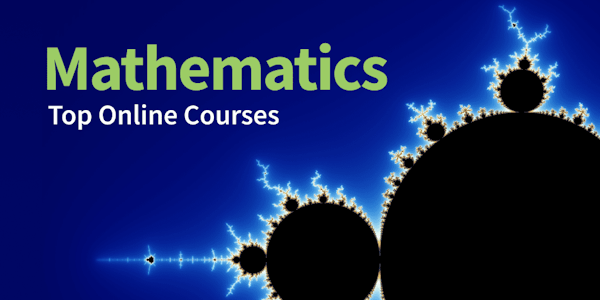Information is everywhere: in our words and our world, our thoughts and our theories, our devices and our databases. Logic is the study of that information: the features it has, how it’s represented, and how we can manipulate it. Learning logic helps you formulate and answer many different questions about information:
If you take this subject, you will learn how to use the core tools in logic: the idea of a formal language, which gives us a way to talk about logical structure; and we'll introduce and explain the central logical concepts such as consistency and validity; models; and proofs. But you won’t only learn concepts and tools. We will also explore how these techniques connect with issues in linguistics, computer science, electronic engineering, and philosophy.
- Does this hypothesis clash with the evidence we have or is it consistent with the evidence?
- Is this argument watertight, or do we need to add more to make the conclusion to really follow from the premises?
- Do these two sentences say the same things in different ways, or do they say something subtly different?
- Does this information follow from what’s in this database, and what procedure could we use to get the answer quickly?
- Is there a more cost-effective design for this digital circuit? And how can we specify what the circuit is meant to do so we could check that this design does what we want?
If you take this subject, you will learn how to use the core tools in logic: the idea of a formal language, which gives us a way to talk about logical structure; and we'll introduce and explain the central logical concepts such as consistency and validity; models; and proofs. But you won’t only learn concepts and tools. We will also explore how these techniques connect with issues in linguistics, computer science, electronic engineering, and philosophy.








